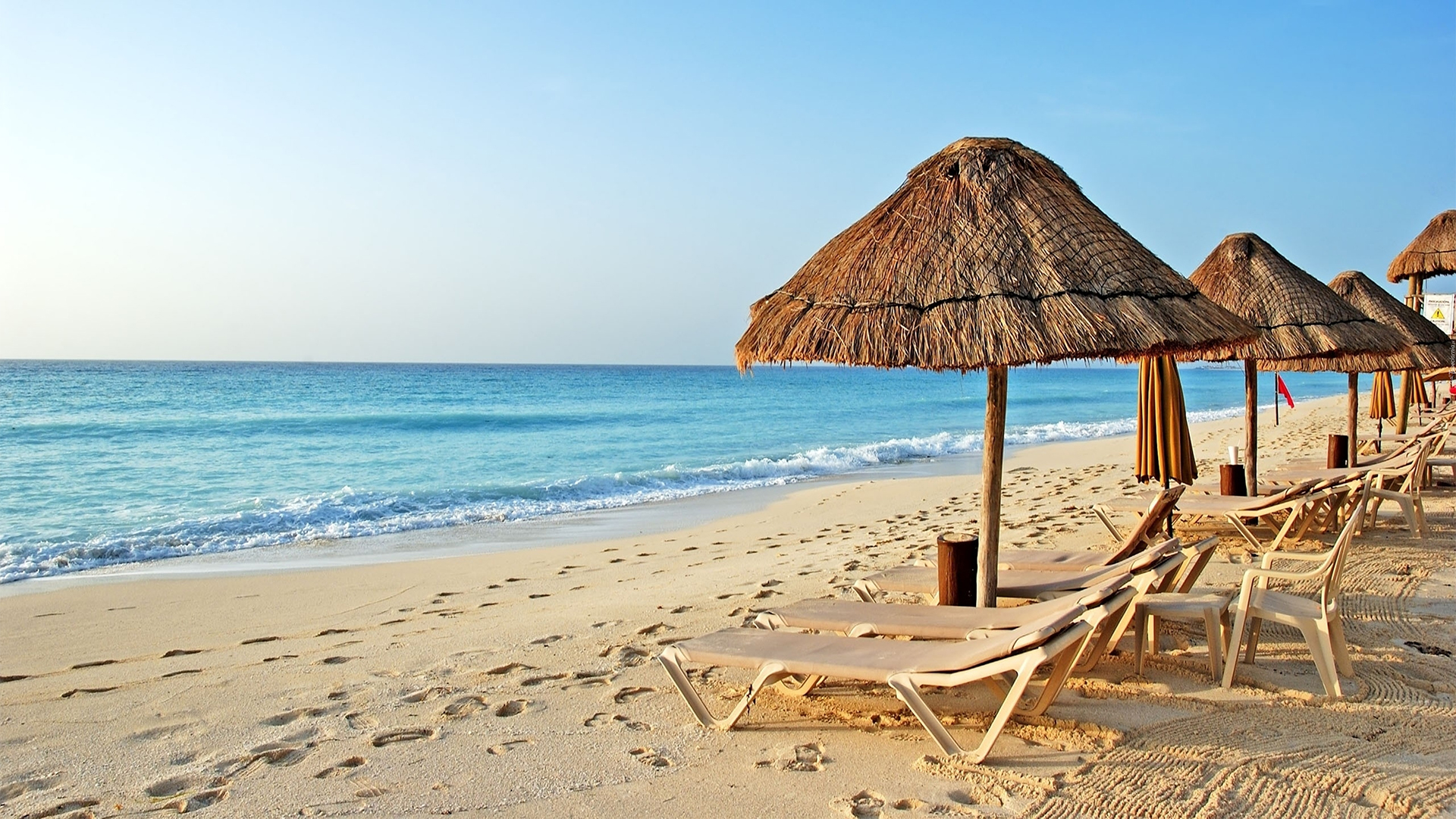Accessible Beach
With the arrival of the summer season, people who are quite overwhelmed by the pandemic miss the beaches and the sea more than before. Time spent outdoors has become even more precious. Wandering around, having fun freely, enjoying the beautiful weather, lying on the beach and swimming in the sea are like a good memory, but our minds seem to change this situation...

As we all have seen and experienced, we don't seem to care that there is a pandemic, the mutation of the covid-19 virus, the formation of different variants, and this is very frightening. Of course, the weather has warmed up and we missed the sea and the beaches, but it is possible to have a good time in the open air without leaving the measures. With distance and mask, anything is possible. So, what should people with disabilities do, whose daily lives were very difficult before the pandemic and despite all the efforts made for an accessible life, they still have difficulties due to unconscious people? Don't they get bored and don't they want to go to the beach too? Of course they want it, and governments have to provide it. Welfare states have to make accessible beaches. The plastics industry, which wants to leave these works to the states and always acts with a sense of responsibility, has found a solution for accessible beaches.
Have you ever tried to drive or transport a wheelchair or stroller in the sand? Of course, it has not been easy and you have tried different methods. How can a person with a walking disability who tries to go to the beach in a wheelchair achieve this? Now this is much, much easier.
.jpg)
A 270-foot hard plastic "carpet" made its debut on the municipal beach at Beauport Bay in Quebec City, Quebec. The CBC writes that the city has installed a plastic blue mat for about $15,000, providing a hard surface for wheelchair users to access water. Maxime Boily told the CBC he rarely goes to the beach and when he has done so in the past, he has to rely on friends who can get him off the sands. He says he now goes several times a month. "I'm very happy to see this kind of equipment for the first time," Boily told the broadcaster. "I can push my wheelchair by myself - I don't need help." Quebec isn't the only community embracing mats. The city of Hamburg, NY also has a similar system in place at the beach.
Visually impaired plastic yellow roads, walking sticks and many plastic accessible products entered our lives in previous years and their social positive effects were observed. Now plastic beach rugs provide access. Plastic carpets on beaches are not only useful for the disabled. It makes the beaches even more comfortable for the elderly, children and pregnant women.
We hope that equality of opportunity will be ensured by making every area and every point accessible not only for people with disabilities but also for all humanity. It is obvious that plastic and plastic products contribute to this accessible life. It is very easy for all of us to appreciate and recycle plastic and plastic products. As long as we ask, as long as we care!!!



